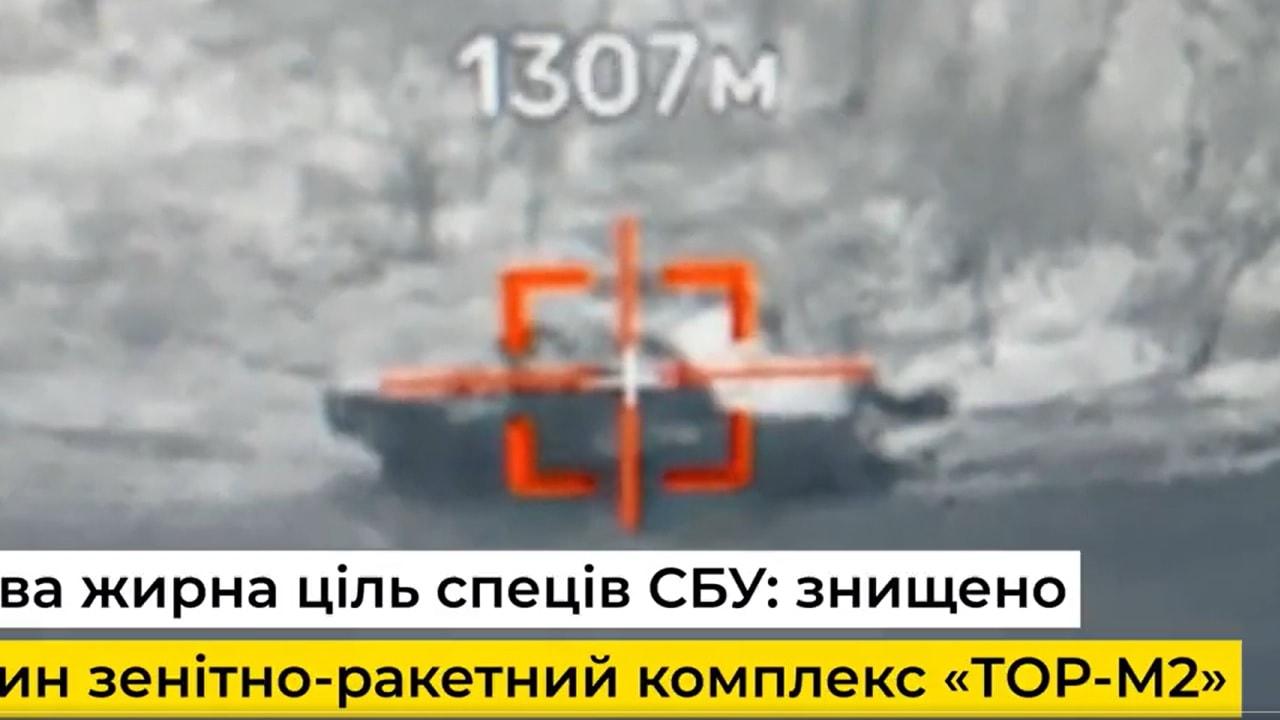Ukraine’s counteroffensive continues to unfold, and Russian forces are putting up a skillful enough defense to prevent the Ukrainians from achieving an operational breakthrough. They have surpassed the expectations of many analysts.
But the defense has a cost. Through nearly four months of the Ukrainian counteroffensive, Russian forces have suffered close to 70,000 casualties.
Heavy losses suffered in the past year now leave the Kremlin straining to man the contact line with combat-effective units.
There Aren’t Enough Men
Russian commanders on the ground have to resort to emergency relocations of troops to ensure that the Ukrainians don’t breach Moscow’s extensive defenses. There are no reinforcements coming.
Exactly one year ago, Russian President Vladimir Putin ordered the partial mobilization of the reserves. Under the scheme, the Russian military eventually added 300,000 troops to its ranks.
However, Putin’s call-up created a countrywide panic among Russian men. Modest estimates peg the number of Russian military-aged males who fled the country at more than 1 million.
Last week, the chair of the Russian State Duma Defense Committee, Gen. Andrei Kartapolov, reiterated that the reservists mobilized last year as part of Putin’s order are obliged to serve for the duration of the “special military operation.”
Kartapolov also admitted that units on the front cannot be rotated out of the fighting because of the lack of reserves available to replace them.
“The absence of regular unit rotations out of combat duty is highly likely one of the most important factors contributing to low Russian morale, and the Russian Army’s failure to conduct higher-level training since the invasion,” British Military Intelligence assessed in its latest estimate of the war.
Moscow’s manpower drought has more than one effect.
“The lack of such training is highly likely contributing to Russia’s difficulties in conducting successful complex offensive operations,” British Military Intelligence added.
What About Future Offensive Operations?
A direct outcome of the Russian military’s force generation woes is a possible inability to launch future large-scale offensive operations.
The last Russian offensive involved hundreds of thousands of troops and managed to capture the ruined town of Bakhmut in May. But the Kremlin relied heavily on the now-outcast Wagner Group private military company. With the mercenary group out of the picture, the Russian military would have to shoulder by itself the burden of future offensives. It is not a given that it can.
Thus the Russian military is restricted to the defensive. That is not necessarily a bad thing for a Kremlin looking to prolong the war for as long as it takes to force the Ukrainians to negotiate.
But for Putin’s strategy to be effective, the Ukrainian military must not achieve an operational breakthrough. And despite Kyiv’s slow progress, they very well could. Moscow is taking a considerable risk — but it doesn’t have many other choices.
A 19FortyFive Defense and National Security Columnist, Stavros Atlamazoglou is a seasoned defense journalist specializing in special operations and a Hellenic Army veteran (national service with the 575th Marine Battalion and Army HQ). He holds a BA from the Johns Hopkins University, an MA from the Johns Hopkins’ School of Advanced International Studies (SAIS), and is pursuing a J.D. at Boston College Law School. His work has been featured in Business Insider, Sandboxx, and SOFREP.

